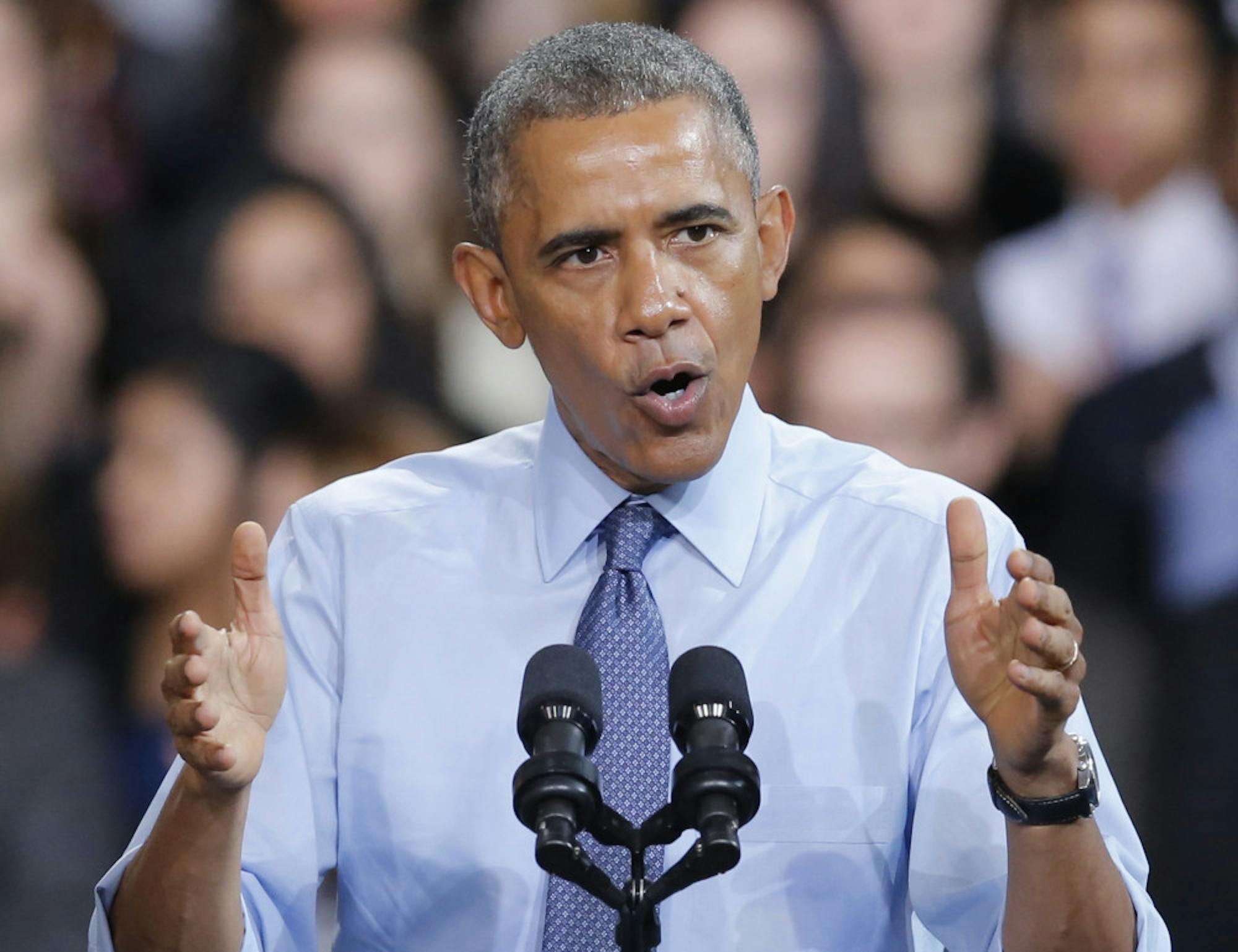This February, President Obama met leaders from over 60 countries in Washington for a global discussion on how to combat extremism in light of continuing attacks around the world. While talks about terrorism often revolve around military action, Obama’s speech linked oppression and extremism, indicating that the problem is less about radicalism and more about human rights.
“When people are oppressed, and human rights denied -- particularly along sectarian or ethnic lines -- when dissent is silenced, it feeds violent extremism,” Obama said, echoing ideas he shared at the UN last year.
While Obama did refer to religion as a source of tension throughout his speech, he pointed out that participation in extremist groups is also tied to poor economic situations and a lack of faith toward the government. A society with rampant corruption that lacks unity and basic human rights fails to provide for its citizens and drives people toward cohesion offered in extremist groups. “When people -- especially young people -- feel … trapped in impoverished communities … that feeds instability and disorder, and makes those communities ripe for extremist recruitment,” said Obama.
Considering that Obama just declared war on the Islamic State, it is comforting to see him discussing more than just military action as a remedy for violence. The U.S. military will continue to combat terrorist groups like al-Qaeda and offer assistance to states fighting organizations like Boko Haram, but Obama’s speech indicates he is thinking on a broader scale as well.
Obama offered three main strategies for non-military action against terrorism. First, governments should decrease oppression. He referred specifically to Syria and called on the Assad regime to expand human rights and provide for its people, but there are many more who need the same reform.
Additionally, Obama called on countries to address economic inequality. To keep youth from looking to rebel groups for economic support, countries need to increase jobs and growth opportunities for all citizens, not just for the powerful few. In remedying inequality, Obama believes we can limit recruitment into terrorist organizations.
Finally, an end to oppressive regimes comes from political restructuring. “We must recognize that lasting stability and real security require democracy,” Obama says. Having citizens’ voices heard and represented in governments decreases the dissatisfaction that increases the tendency to revolt against the government in violent ways.
In order to create the stage for such change, Obama appeals to the power of social media. He plans to create a “virtual exchange program” to “create a new digital communications hub to work with religious and civil society and community leaders to counter terrorist propaganda.” It is a valid solution, but only to part of the problem. As Obama indicated in his speech, extremism is fueled by oppression, not just by hate and misunderstanding.
While this rhetoric is a step in the right direction, it is not a solution just yet. Our tendency, both as the United States and a global community, is to use force to combat terrorist groups rather than solve the root causes that Obama discussed. This is because it is often misaligned with our national interests to pressure oppressive states into reducing repression, and such a step could lose us valuable allies. The president can give a compelling speech, but in the end, change will not come about unless we begin to pressure governments to end oppression. Pressure must be put on states to reduce home-grown terrorism by increasing human rights.
There is no doubt that oppression plays a role in extremism, and while Obama’s plans need further work, it is refreshing to see the U.S. president thinking outside the norm.
Obama discusses overlap of extremism, oppression

President Barack Obama speaks at Anschutz Sports Pavillion at the University of Kansas on Thursday, Jan. 22, 2015 in Lawrence, Kan. Obama was promoting his middle class economic agenda he outlined in his State of the State speech earlier this week. (Travis Heying/Wichita Eagle/TNS)





